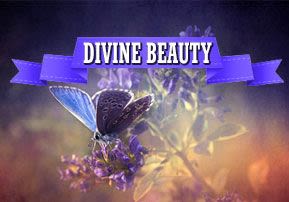
Divine Beauty
Where are our limits in the search for beauty? Do I love my appearance? Who determines what beauty is anyway, society and social media? The ads and billboards?

Translated by Chana Cohen
Society promotes beauty – lots of makeup, a small nose, high cheekbones, smooth skin and symmetry. Each one of us, by our sheer nature of being a woman, is drawn towards tasteful things such as beautiful and attractive clothing and jewelry
.
The question is, what is the scale for measuring beauty? Do I love my appearance, or do I feel that the next person is more beautiful than I am? And suppose she is prettier than me, does that make me feel inferior? And who defines beauty anyway? Social media? The ads splashed across the billboards? The actresses on every screen, who I can never hope to look like? How does that make me feel when I stand in front of the mirror every day? Do I feel cherished and beautiful, or am I disappointed because I still don’t look like that beautiful woman I saw the other day?
To the single women – does the husband you’re dreaming of look like a movie star or is he a sincere and good person? Are your eyes looking inward or outward? Are you truly seeing the essence of the man opposite you, or are you simply judging him by his outer appearances?
To the married women – do you get dressed up at home for your husband, or only when you go out?
In any event, what kind of beauty does G-d desire?
“For there are many types of false charm”, says Rabbi Nachman of Breslev (Likutei Moharan, I:60), “that one does when he stands and when he eats and when he speaks among men, and so too with other things, and each one is a different type of [false] charm.”
There are many different types of fake charm. When we speak to people with fake politeness, and we put on a show and don’t act according to the way we really feel or say the truth, that is fake charm. Dressing in a way that attracts attention, exaggerating and speaking loudly so that only we are heard are also forms of falsehood.
“And all of these forms of falsehood stem from the vanity of beauty, as in: ‘Charm is false and beauty is futile’”.
All of these different forms of falsehood come from the aspect of false charm and vain beauty.
“In other words, one who doesn’t safeguard himself from the beauty of women, this causes him to have a desire for these forms of lying.”
Rabbi Nachman says that one who isn’t cautious with the beauty of women will also desire other forms of falsehood. This applies to women as well, when they see the fake charm of other women. How much  more so must a man guard his eyes from gazing at any woman other than his own wife.
more so must a man guard his eyes from gazing at any woman other than his own wife.
“And fear (of Heaven) is the opposite of this, as it says: ‘Charm is false and beauty is futile; a G-d-fearing woman is to be praised’ (Proverbs, 31:30).”
Fear of Heaven is the opposite. A woman who is G-d fearing is praised. This is the beauty. This is the holiness. This is the inner beauty which shines outward. This is truth.
“And therefore, when (our forefathers) Abraham and Isaac arrived at places where there was no fear (of Heaven), as soon as they wanted to enter there they sensed this, because they began to sense, according to the great level of their holiness, the women’s beauty, and therefore they sensed that there was no fear (of Heaven) there…”
When our holy forefathers Abraham and Isaac arrived at a place where there was no fear of Heaven, they began to sense the beauty of the women.
"And Abraham merited the aspect of the elder, which is the aspect of longevity… the aspect of longevity is the ability to widen and lengthen our days by adding holiness each time. This can be attained through fear of Heaven, for fear of Heaven brings added holiness to each and every day, and through this the days are widened and lengthened, as in: ‘Fear of G-d will add days’ (Proverbs 10:27), and as in: ‘fear of G-d, that is his fortress’ (Isaiah 33:), which is explained in the Talmud: ‘made like a fortress, which is narrow on top and wide on the bottom (Berachot, sixty one)’, for the days start out narrow, and then continue to widen with added holiness through fear of Heaven.”
Our forefather Abraham merited longevity. For him, each day was an entire world. He merited to utilize each minute and every moment. He lived in the present without any needless thoughts or worries. He lived in the here and now with happiness and contentment. The essence of his achievement is not that he lived for a lengthy amount of years, but that in his eyes each day in and of itself was like a long period of time. It began narrow and then was continually widened, for each and every moment he lived with holiness and fear of Heaven without worrying about day to day hassles. He knew how to live each moment to the fullest. And fear of Heaven was his fortress.
“We find that through fear of Heaven we merit longevity, which is the aspect of the elder. Through this one merits riches, for fear of Heaven safeguards from the opposite of riches, which is poverty, which is brought upon by the aspect of, ‘Charm is false and beauty is futile’.”
Fear of Heaven brings longevity. It brings life. Life means living each moment as if it’s our only one. Because of this Abraham merited riches. Not just riches in an economic sense, but riches of understanding and clarity of understanding. This is the ability to understand more about G-d. The opposite of this is poverty, which is the false charm and vain beauty of this world. When we focus our gaze inward, to our inner world, to modesty along with all of its implications – not just in dress, but the essence of inner modesty, perhaps then we will merit riches of understanding. To get to know G-d, to fear G-d. Not to fear people and what they might say about us. Do I fear G-d or those who surround me? Do I feel that I am beautiful in G-d’s eyes? Which garments of G-d’s commandments and good deeds do I have when I stand before my Father in Heaven? What good thoughts did I think today? Did I judge myself and others favorably today? Was I generous today?
This is true beauty. This is the beauty that G-d desires. This is fear of Heaven. Divine beauty. Holy intellect. This is the beauty that will reveal the purity hidden within us each day. This is the inner beauty of each and every one of us.





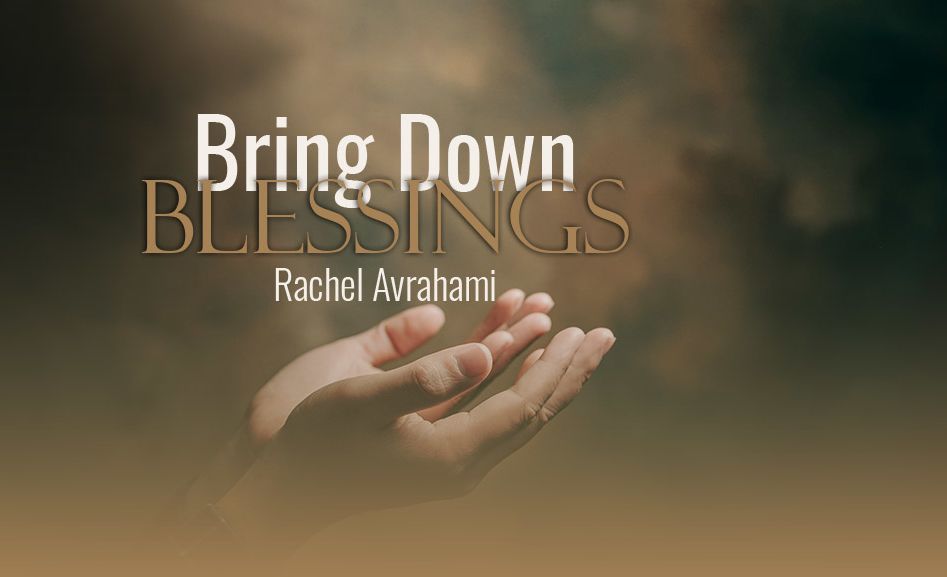
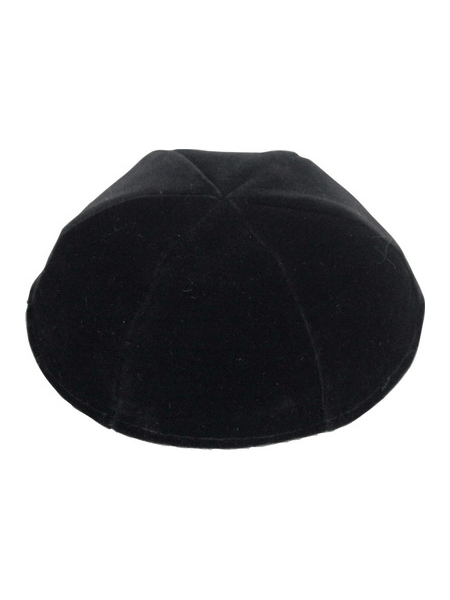
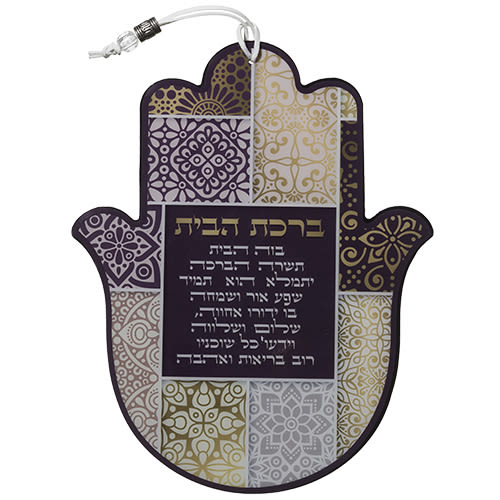
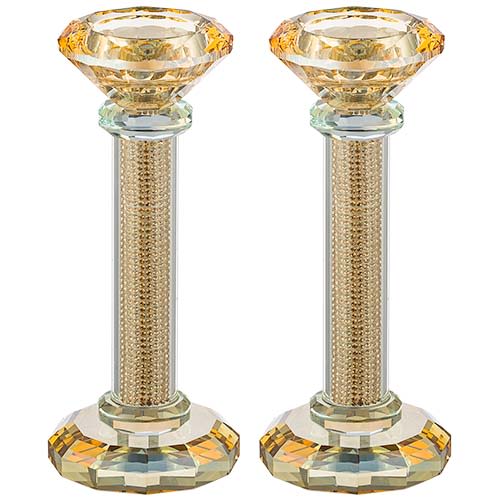
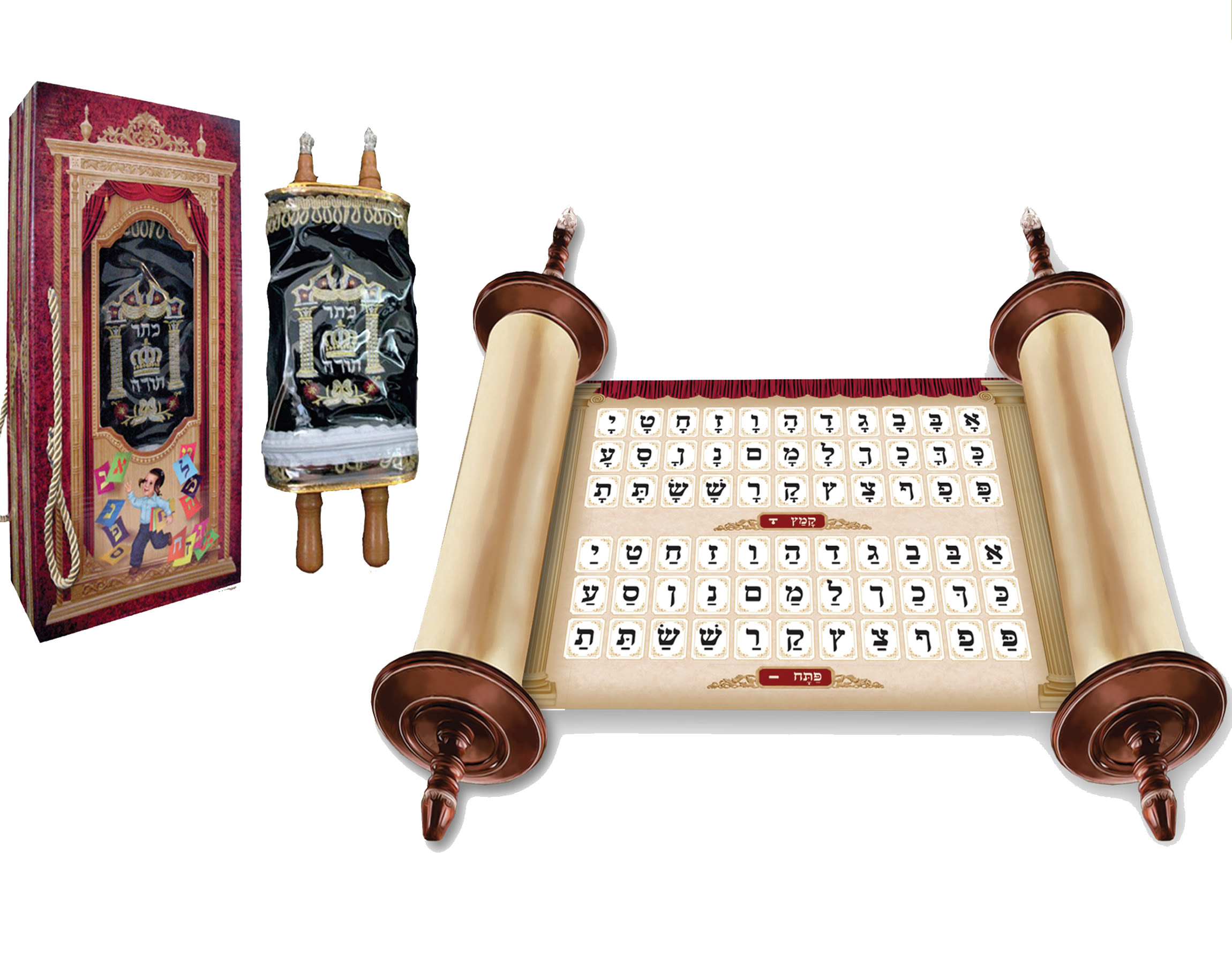

Tell us what you think!
Thank you for your comment!
It will be published after approval by the Editor.